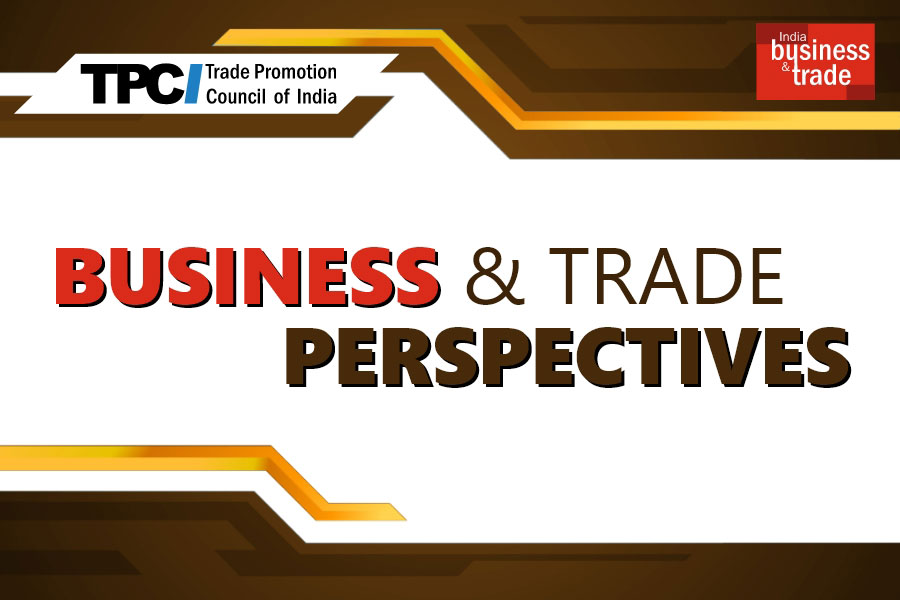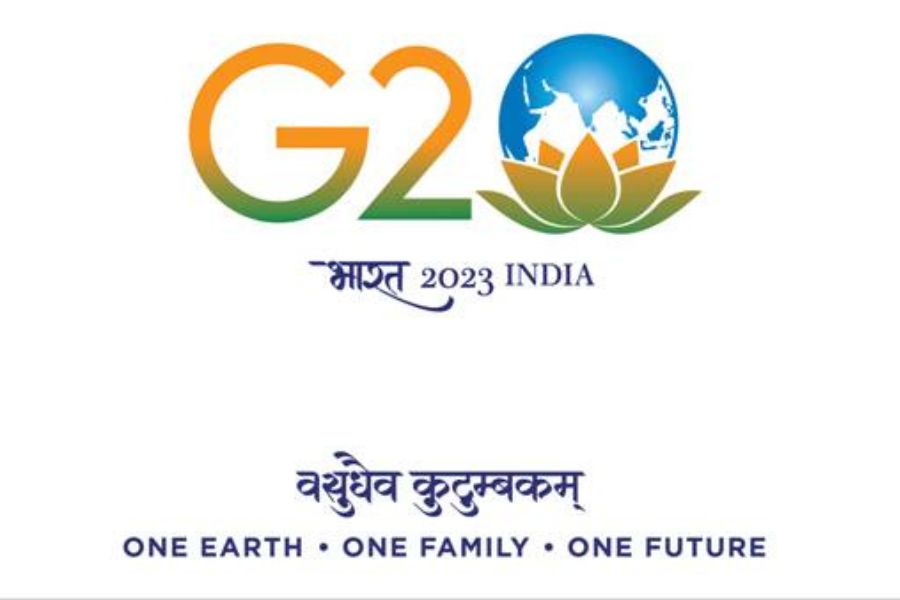Plastic ban: Delaying the inevitable
• The government has decided against an outright and immediate ban on single use plastics, ostensibly due to the prospect of further business disruption in an already slowing economy.
• India’s plastic exports have grown at a strong pace from US$ 5.08 billion in 2014-15 to US$ 8.01 billion in 2018-19. But there has also been a significant shift in the markets, with exports of plastic products to West Asia and Europe declining and China taking the lead.
• While all may seem good on the surface, the contours of global plastic trade are fast shifting, with 60 countries having implemented full/partial bans on single use plastics.
• India’s plastic industry will have to prepare for this shift well in advance to avoid a potential shock in the future, by shifting attention towards innovative and environment-friendly solutions.

In the run up to the proposed single-use plastic (SUP) ban in India on the occasion of the 150th birth anniversary of Mahatma Gandhi on October 2, 2019; industry insiders were quite vocal in their opposition to the idea. They ran a series of ads defending plastic and also issued statements on the possibly adverse effects of the ban.
Eventually, the government decided against an outright and immediate ban, ostensibly due to the prospect of further business disruption in an already slowing economy. Instead, the Ministry of Environment, Forest and Climate Change (MoEF&CC) appears to have adopted a softer approach, directing all states and Union territories (UTs) to strengthen plastic waste management by improvising on existing waste management systems. It also left the onus on the states to decide which SUP items they would like to target for prohibition.
However, while the industry may have dodged this silver bullet for now, it can certainly not continue to do so for long. The war against plastics has reached epidemic proportions across the world, amid deepening concerns about its growing impact on ecology and health of human as well as animal life.
INDIA’S SCENARIO ON PLASTIC TRADE
India’s plastic exports have grown at a strong pace from US$ 5.08 billion in 2014-15 to US$ 8.01 billion in 2018-19. A report by US-based trade finance company Drip Capital in association with the Plastic Export Promotion Council of India (PLEXCONCIL) estimates India’s plastic exports to rise to US$ 25 billion by 2025 if current trends continue.
Around 65% of plastic exports are accounted for by MSMEs and around 90% of exporters belong to this category, with Gujarat and Maharashtra being the largest exporting states. Raw material exports are dominated by larger players like Reliance and Indian Oil Corporation, while MSMEs dominate downstream, processing and exports.
Already, the impact of the green movement is visible with respect to the shift in India’s export markets. Exports of plastic products to West Asia and Europe have fallen over the years, due to concerns about the environmental impact of plastics. If you compare the market shares of major export destinations for India’s plastics in 2014-15 and 2018-19, the share of China has doubled from 7% to 14%. US and China are the major markets, but the removal of GSP by the US will further impact the sector. When the US ended the GSP regime, it has impacted US$ 600 million worth of plastics exports, leading to US$ 30 million in additional import duties.
Plastic manufacturing and usage has grown at an exponential rate over the past few years. Global plastic production is expected to be at 400 million tonnes presently from 350 million tonnes in 2015 alone. Total global imports of plastic and articles thereof (HS Code 39) were valued at US$ 666.35 billion in 2018 (ITC Trade Map), growing by 9% YoY. Around 40% of plastic is used in packaging, according to a report by Drip Capital, which explains its strong correlation with the rise in e-commerce.
But this trade is under severe threat as the world is rapidly awakening to the severe and unsustainable costs of the plastic trade. Around 100 million tonnes of plastic has been dumped into the world’s oceans as on date, eventually finding its way into our food chain and endangering our lives. Already, 60 countries have fully/partially banned single-use plastic products so far, including France, Kenya, Rwanda, Zimbabwe, Taiwan, South Korea, Bangladesh, New Zealand and Morocco. The EU as a whole has decided to ban single-use plastic by 2021. And this has severe implications for plastic exporters in the coming years.
Source: ITC Trade Map, data for plastic and articles thereof, HS Code 39
Given this scenario, experts suggest that India’s plastic industry may need to make the shift towards recyclable and biodegradable plastics. However, this approach is also not as easy as it may sound. Data indicates that only 9% of plastic waste has been recycled between 1950 and 2015. A report by the Global Alliance for Incinerator Alternatives (GAIA) and Greenpeace East Asia, concludes that recyclable plastic waste exports from the top 21 exporting countries (led by US, UK, Germany and Japan) have declined by around 50% between 2016-2018, which has compelled them to take drastic steps, including landfills, incineration, stockpiling and even illegal exports.
According to Greenpeace, when one country regulates plastic waste imports, the exporter tends to flood it to the next unregulated destination. The entire market for plastic waste was upended when China, the world’s biggest importer banned its import; making Indonesia, Malaysia, Thailand and Vietnam the next targets for exporting countries. Consequently, even Southeast nations and India have imposed a ban on imports of plastic waste.
In order to survive, the industry will have to rapidly move towards new and innovative environment-friendly solutions, as consumers and governments are increasingly mainstreaming the global war on plastics. The trade may seem sustainable on the present trajectory, but the future seems quite unstable in a business-as-usual scenario as far as exports are concerned.













Leave a comment